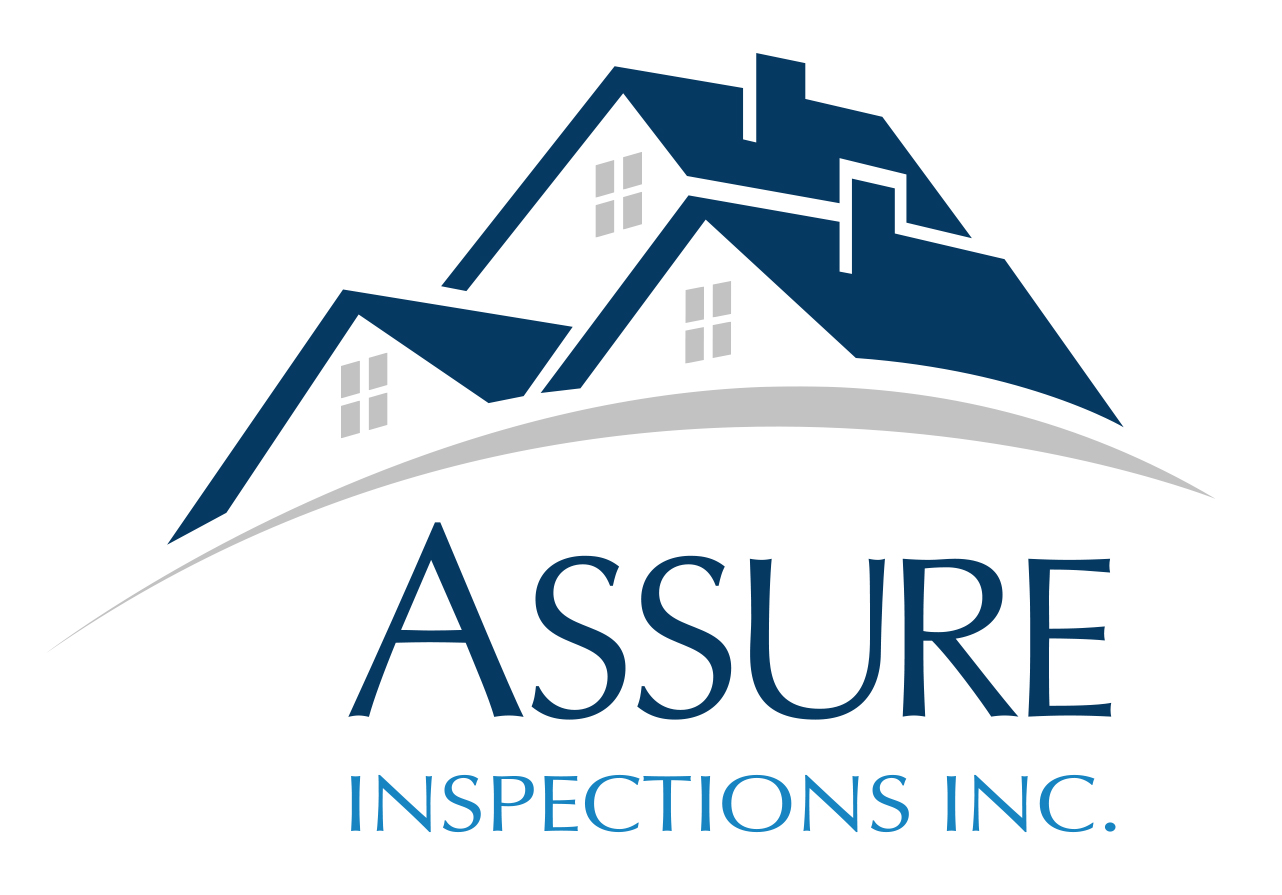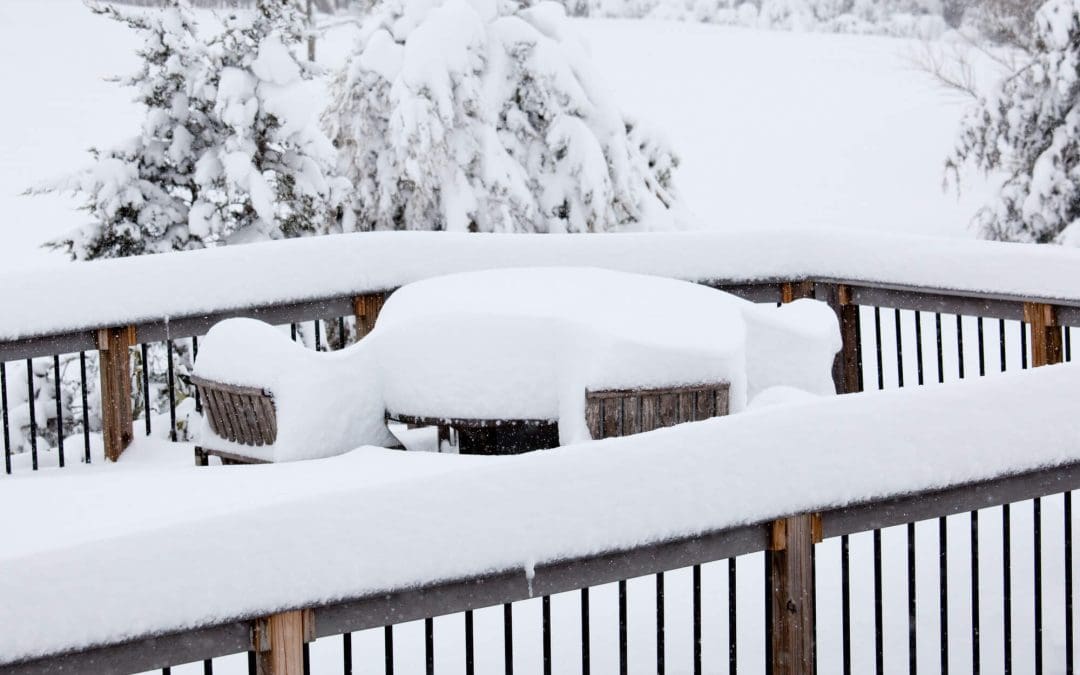With winter just around the corner, it’s time to start preparing your home for the colder months. Winterizing will help keep your energy bills in check and avoid winter-related damage. Here’s a straightforward guide to help you winterize your home to stay cozy and stress-free.
Check Your Windows and Doors When You Winterize Your Home
Let’s start with something simple: your windows and doors. These are common places where cold air sneaks in and warm air slips out, so it’s important to pay attention to them. Walk around your home and feel for any drafts around the edges of windows and doors. If you find any, it’s time to seal them up.
Grab some caulk to fill in any gaps around windows. For doors, weatherstripping is your best friend. Just apply it around the edges of your door to keep the cold out and the warmth in. These quick fixes can greatly affect how warm your home feels and how much you spend on heating.
Add Some Insulation
Insulation is key to keeping your home warm and your heating bills low. If your home feels chilly despite cranking up the heat, it might be time to reinforce your insulation, especially in the attic. Since heat rises, a poorly insulated attic lets warmth escape.
You can add insulation yourself or hire a pro if you’re unsure where to start. While you’re at it, check your basement and any other areas where insulation might be lacking. Extra insulation can go a long way in keeping your home toasty all winter.
Tune Up Your Heating System When You Winterize Your Home
Your heating system is about to get a workout, so it’s a good idea to give it some love before winter hits. Schedule a service appointment with a professional to make sure everything’s in good working order. They’ll check your furnace, clean the filters, and verify there are no blockages.
If you have a fireplace, remember to clean the chimney. A clean chimney facilitates better airflow and less risk of smoke or carbon monoxide entering your home. Who doesn’t love a cozy fire on a cold winter night?
Keep Your Pipes from Freezing
Frozen pipes are no fun, and if they burst, they can cause serious damage to your home. To avoid this, insulate exposed pipes in areas like your basement, garage, or crawl spaces.
If the temperature outside drops, let your faucets drip slowly. The moving water helps prevent pipes from freezing. If you’re heading out of town for a winter vacation, consider shutting off the water supply and draining your pipes to be on the safe side.
Clean Out Your Gutters
Before the snow starts falling, take some time to clean out your gutters. Leaves, dirt, and other debris can clog them up, leading to ice dams. Ice dams can cause water to back up under your roof and leak into your home, which is not what you want.
After cleaning, check your gutters for any damage or loose spots. Make any necessary repairs now so they’re ready to handle the snow and ice.
Flip Your Ceiling Fans When You Winterize
Here’s a tip that might surprise you: your ceiling fans can help keep your home warm. Most fans have a switch that lets you reverse the direction they spin. In the winter, set them to spin clockwise. This creates an updraft that pushes warm air from the ceiling into the room.
It’s a small change, but it can help spread warmth throughout your home, making it feel more comfortable without turning up the heat.
Get Your Outdoor Areas Ready
Winterizing your home includes outdoor spaces. Start by disconnecting and draining your garden hoses. Frozen hoses can crack, and if they’re still attached to your outdoor faucets, they can cause those to freeze too.
If you have an irrigation system, make sure it’s properly winterized. You’ll also want to cover or store outdoor furniture, grills, and any other items you don’t want to get damaged by snow and ice. And while you’re outside, take a look at your roof. If you see any missing or damaged shingles, get them fixed before the snow comes.
Stock Up on Supplies When You Winterize Your Home
Winter can be unpredictable, so it’s smart to have a few essentials on hand. Stock up on things like rock salt or ice melt for your driveway and walkways, and make sure you have a good snow shovel. If you use a fireplace or wood stove, have a stockpile of plenty of firewood.
It’s also a good idea to have an emergency kit ready, just in case. Keep things like blankets, flashlights, batteries, and some non-perishable food in a handy spot. If the power goes out, you’ll be glad you’re prepared.
Winterizing your home might take a little time, but it’s worth it for the peace of mind you’ll have when the cold weather hits. Plus, you’ll save on energy costs and avoid unwelcome surprises like frozen pipes or roof leaks. So, get started now and enjoy a stress-free, comfortable winter.
FAQs on How to Winterize Your Home
How can I prevent drafts in rooms with high ceilings during winter?
Rooms with high ceilings can lose heat quickly, making them harder to keep warm. To prevent drafts, consider installing thermal curtains that reach the floor, using area rugs to insulate the floor, and adding ceiling fans set to run clockwise to circulate warm air back into the living space.
Is there a way to prevent snow and ice buildup on my driveway without using chemicals?
Yes, you can prevent snow and ice buildup by applying a pre-treatment like liquid magnesium chloride before the snowfall. You can also lay down sand or kitty litter to increase traction on icy surfaces. Regularly shoveling snow before it has a chance to accumulate or compact is another effective method.
How do I protect my home’s plumbing if I live in an area with frequent power outages?
If power outages are common in your area, and you’re concerned about pipes freezing, consider installing a backup power source like a generator to keep your heating system running. Alternatively, insulating pipes and leaving cabinet doors open to allow warm air to circulate around plumbing can help prevent freezing in the event of an outage.
What steps can I take to protect my garage from cold weather?
To keep your garage warmer during winter, install weatherstripping around the garage door, and consider adding insulation to the walls and ceiling. If you spend a lot of time in the garage, consider using a space heater, but ensure it’s used safely and with proper ventilation.
Assure Inspections Inc. provides professional inspection services to homebuyers and sellers in the Chicago area. Contact us to schedule an appointment.

